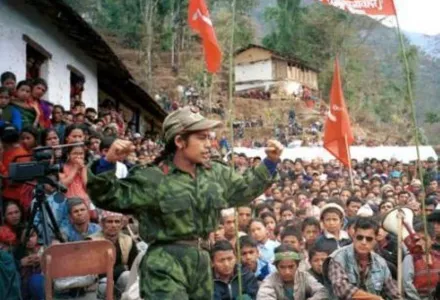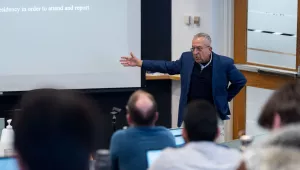Gendered Approaches to Organizing Insurgency: Why Rebels Conform to or Subvert Patriarchal Gender Norms
Speaker: Apekshya Prasai, Gender & Security Predoctoral Fellow, International Security Program
When organizing insurgency, all rebels face gendered choices. Insurgents operate in, recruit from, and depend on communities where half the population is female. This seminar seeks to describe and explain the differentially gendered approaches insurgents adopt to organizing violence.
Everyone is welcome to join us online via Zoom! Please register in advance for this seminar:
https://harvard.zoom.us/meeting/register/tJwqcemrpjsvG9GQejHVwaRw0GWln_pX8n0g




